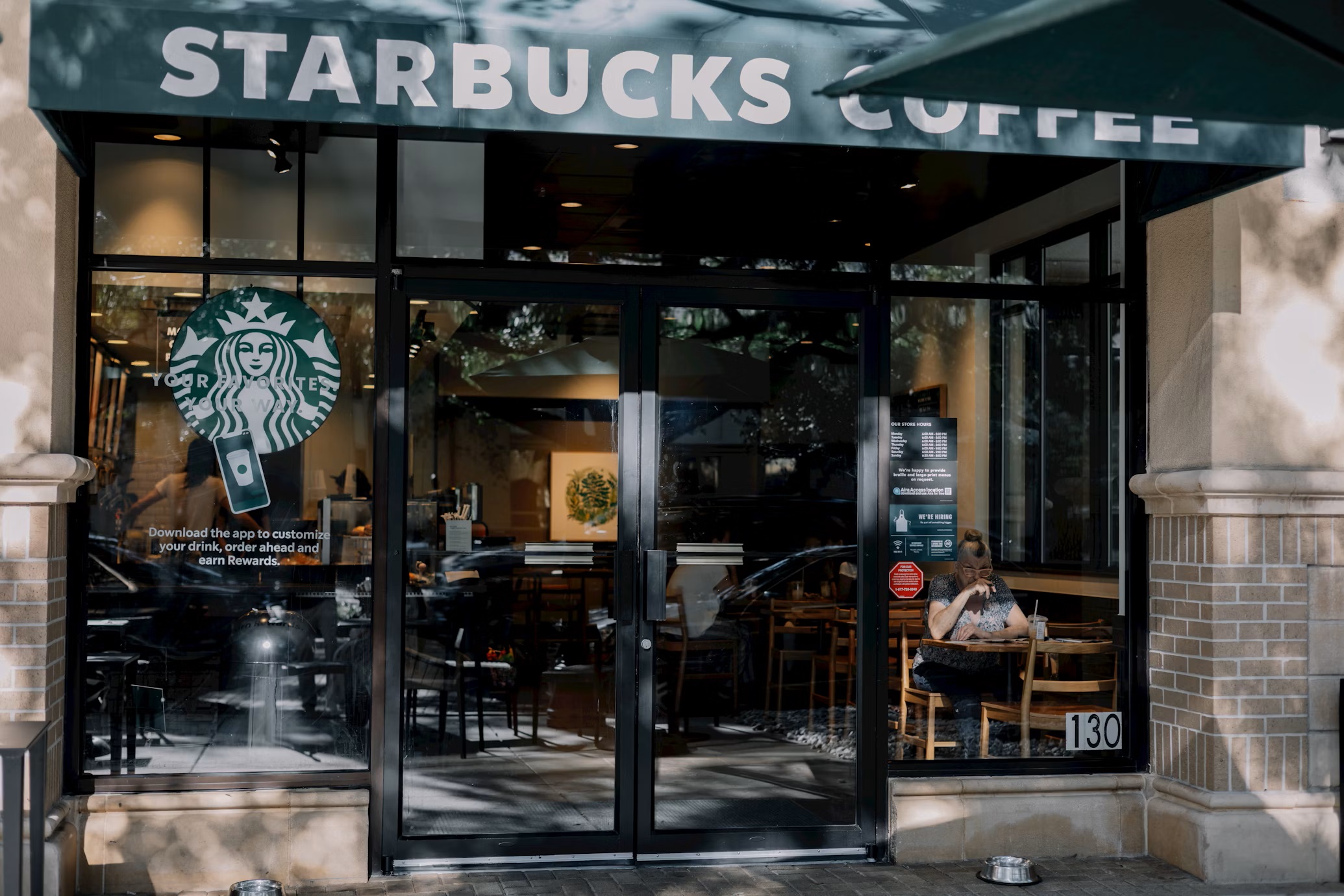We all know what happened in 2020, it was a car crash, and it’s now in the rear-view mirror and we want to move on. Many businesses diversified, offering deliveries, take outs, meal kits, picnics and hampers, pop-ups and more. The list goes on. Many did OK and sadly, many didn’t make it. So let’s consider the question ‘Is the current business model bust due to Covid or can we do something different?’ Following Tier 4 announcements, hospitality was robbed of crucial Christmas trading that would have contributed up to 40 per cent of any restaurant’s annual profits. Now with a new lockdown, the post-Christmas ‘spike’ and no pre-Christmas profits to weather the storm, January and February looks bleak. However, vaccines are on the way which could beat Covid and restore hospitality to some level of normality.
Purchasing Habits
Dividing hospitality into two groups, we get the lie of the landscape and these are facts we cannot ignore. Those operators that are city based, relying on the office worker for their trade, may struggle to return. With working practices changing, and office workers staying at home, the city-based sector is in jeopardy. Then there are those who cater to consumers who enjoy fine dining or going out to eat for social occasions. These diners are likely to treat themselves as the pandemic continues. There is a future for restaurants who prepare to safely accommodate this when restrictions ease.
Delivery Services
Millennials are still driving demand for instant delivery of all goods, including food. These delivery services will continue to thrive being the new lifeline for many consumers and food operators alike, gaining market share throughout Covid, providing valuable lifelines to many food businesses. With Deliveroo, Uber Eats and Just Eat revolutionising the market during the third quarter of 2020, there were 46.4m food delivery orders in the UK, an increase of 43% over the same period in 2019. Uber Eats have seen their business double since lockdown, and Just Eat is now a £6bn business, with Deloitte predicting the delivery market to grow to an estimated £19bn by 2023.
This new burgeoning industry is rapidly gaining market share, however is this to the detriment of the food operator? Some would say yes, as there are joining fees and commissions of between 13% and 35% and consumers are also charged. One must ask, is this a case of the ‘tail wagging the dog’ and another overhead slashing profits in a struggling industry?
However, new entrants into this market are providing similar delivery services for a flat fee to the consumer only, which should help smaller food businesses to reach out to new customers, increasing volume. One such operator is easyFood from EasyJet founder Stelios Haji-Ioannou, which charges the customer a flat £3.99 per order and is using a franchise model and local taxi networks. Other smaller delivery firms, run by ex-employees from the larger operators are springing up on a local area basis, and again, are charging a flat delivery fee to the customer of around £5.00 per delivery. This will be a game-changer for local pubs and family run businesses that want to tap into the delivery market, but until now could not afford to do so?
Innovation
Regardless of Covid, we still need feeding three times a day, and some innovative cooks who left the industry in 2020 have started new ventures going at it alone, setting up pop-ups, new restaurants, community kitchens, box schemes and street food stalls, and pubs are stepping up, operating as local shops and ‘take-aways’. Getting food out to the consumer and the community by whatever means possible seems to be the common thread linking all these ideas.
Finances
Hopefully, many restaurant businesses will have negotiated lower rents with landlords and will, one hopes, fare better. With rents being one of the biggest overheads, especially so as a result of reduced capacity due to social distancing, margins will remain tight until volume increases. The Furlough scheme has been extended to 30th April 2021 but most hospitality employees can only claim a small proportion of their normal earnings because furlough doesn’t take TRONC into account, which can make up the majority of an hospitality employee’s earnings. Cutting and controlling costs through Covid is one of the most important considerations. For larger chains, outsourcing is a positive solution, for skills such as HR, accountancy, marketing and other departments, making the business run leaner.
Looking at the bigger picture, we have no real idea how these new ventures will develop and thrive, however, in these dark times new ideas are what the industry needs. Smaller entities can experiment, with the hope that many initiatives may develop into successful and permanent food businesses. Will these ideas replace the restaurant as we know it? Necessity is the mother of invention, meaning the primary driving force for most new inventions is a need, and as we have already agreed, we need feeding three times a day!
Read more



Share this article with your community